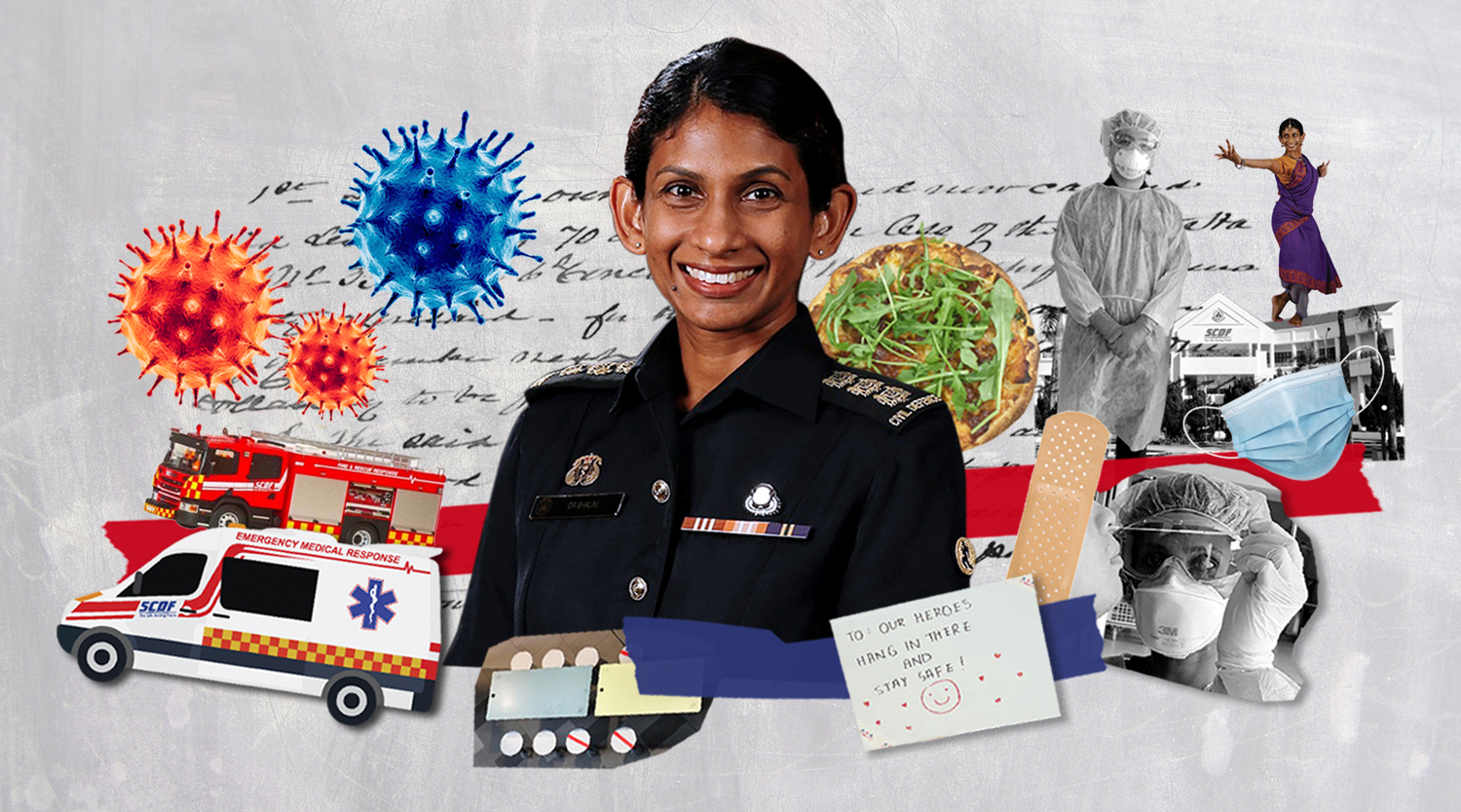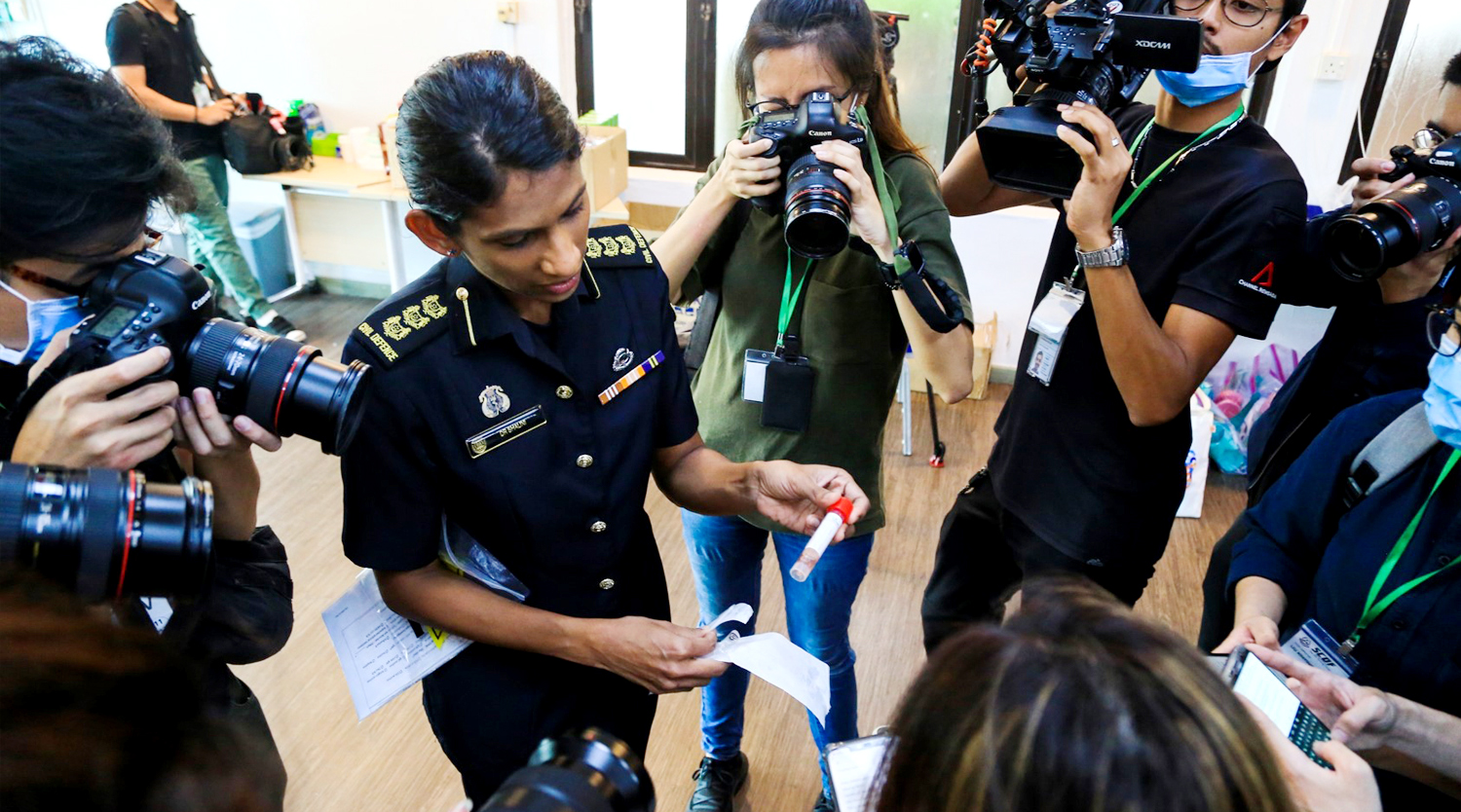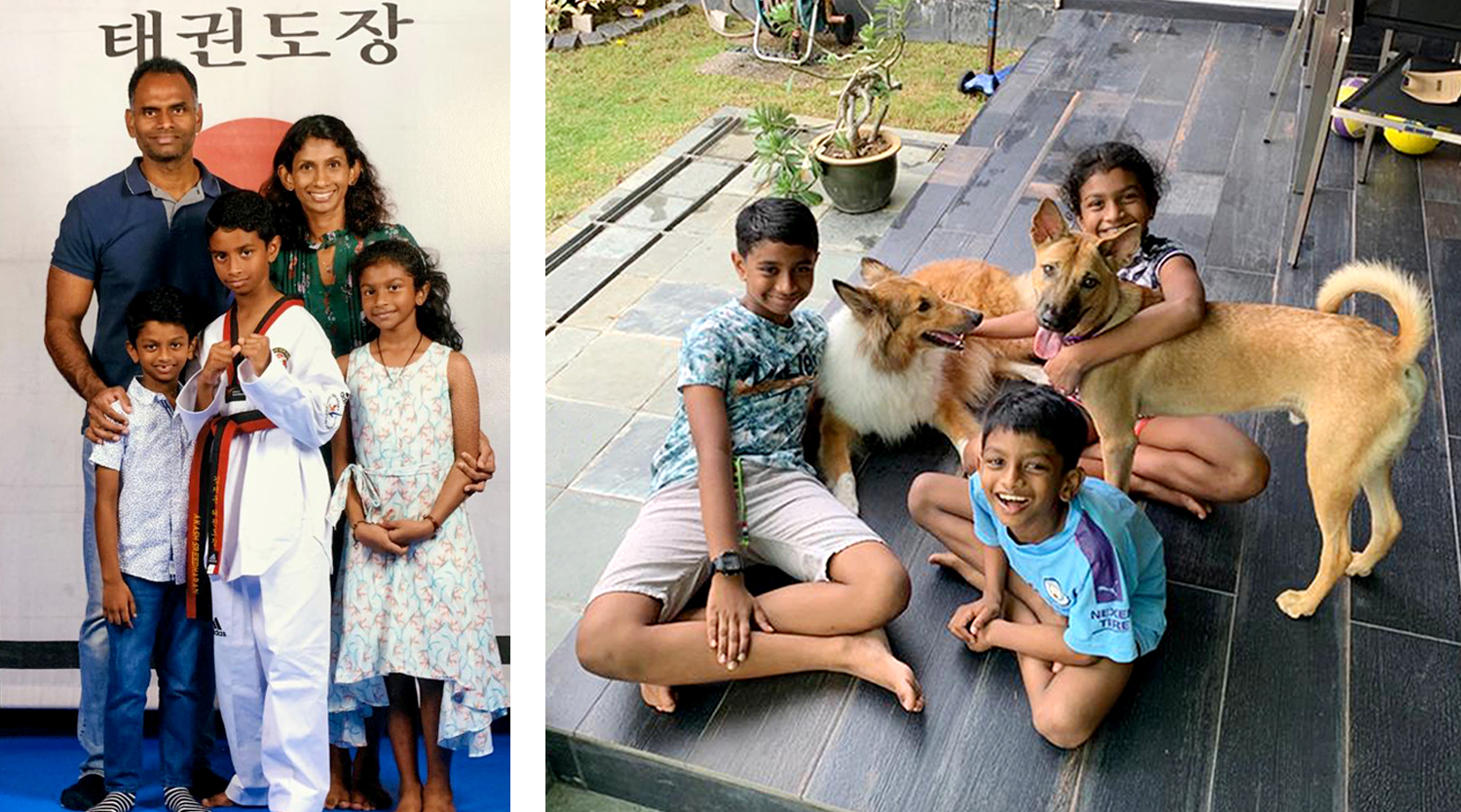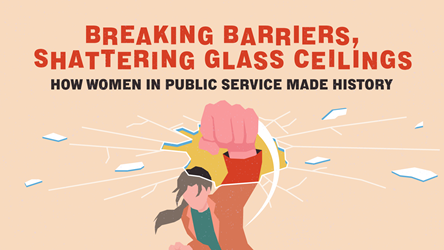Putting First Responders First

All through her various postings at the Singapore Armed Forces (SAF), COL (Dr) Shalini has had to learn fast, listen hard and identify key levers of change.
Coming in as SCDF’s CMO in 2018, she has applied the same approach – learning as much as possible about the national Emergency Medical Services (EMS) – and drilling into the best and speediest ways she could make a positive and lasting impact.
“There is no time in two to three years to build legacies,” she says, recalling her 2- to 3-year-long postings in the Navy Medical Service and Ministry of Defence.
“You just have to put your nose to the grindstone, nudge people, and do whatever you have to do to make sure that as much of your plans can be implemented until the day you have to leave and move on. It doesn’t even matter if you are not around to take the credit for it.”
This focus on doing one’s best to make a meaningful impact at the moment without thinking of future commendation aligns with the work of first responders – the unsung heroes who run towards danger even as others run away.
The Battle on the Frontlines
When COVID-19 began its deadly global creep in early 2020, COL (Dr) Shalini recalls how swiftly SCDF responded, drawing down on its “pandemic stores” of personal protective equipment (PPE) for distribution to ground units.

Mask-fittings and infection control protocols were swiftly rolled out, including the decontamination of ambulances. “It was this readiness from our previous experience with SARS, and the strict adherence to infection protocols that helped us ensure that none of our frontline crew has contracted the virus to date, despite their high rate of exposure,” she shared.
Apart from the challenge of adapting constantly to changing definitions, workflows and risk levels, the growing caseload took its toll on the SCDF officers attending to suspect cases and maintaining emergency response capabilities.
“There was considerable heat stress and fatigue, but the ambulance crew showed extreme resilience and dedication. They overcame their own fears and the fear of infecting their families, and put themselves on the frontlines every day, 24/7,” COL (Dr) Shalini said.
Over and beyond this, SCDF stepped forward to plan and run one of the first large-scale swabbing operations before rolling out similar operations to dormitories and hotels.
“We soon evolved our operations and orchestrated a rapid ‘drive-through’ swabbing operation for 120 persons, with each swab taking less than two minutes from entrance to exit.”

SCDF paramedics and Emergency Medical Technicians (EMTs) also trained more than 900 taxi and private-hire drivers in mask-fitting, donning and doffing of PPE and vehicle decontamination. These drivers went on to ferry clinically-well suspect cases to and from hospitals and clinics for swabbing.
The same teams from SCDF also trained more than 2,000 employees of hotels and cruise liners in the use of PPE and decontamination as their workplaces became designated as Government Quarantine Facilities (GQFs).
“These varied contributions were a stretch on our manpower all round, but our staff saw the meaning of their work and the significance of their contributions to the national effort,” reflects COL (Dr) Shalini.
Raising the Level of Professional Training
COL (Dr) Shalini’s plans for her term at SCDF puts the spotlight on paramedics. She saw that their role in acute and emergency care goes largely unrecognised.
“They are true lifesavers who operate independently and in sometimes dangerous or arduous conditions to maximise the survival and clinical outcomes of patients before they even reach the hospital,” she points out.

This realisation has led to one of her key goals: advancing paramedics towards professionalisation and recognition as Allied Health Professionals, just as nurses are. This has come about in several ways.
One important step has been to develop Singapore’s first full-time Diploma in Paramedicine.
“When this is realised, every SCDF paramedic will start their career with a Diploma in Paramedicine, which not only deepens their clinical knowledge and understanding, value-adding to our patient care, but also lowers barriers to their further education,” COL (Dr) Shalini says.
Another move has been to enhance career progression. Historically, candidates can only join as paramedics as junior non-commissioned officers, regardless of qualifications. For in-service paramedics, it takes years of rank-and-file promotions or undergoing a Rota Commander Course (where cadets are trained in fire-fighting, rescue, and hazardous material mitigation) to become a Senior Officer.
SCDF is developing a Paramedic Senior Officer course to serve as a new career track for eligible junior paramedics and fresh recruits with relevant degrees and a passion for Paramedicine.

“It was this readiness from our previous experience with SARS, and the strict adherence to infection protocols that helped us ensure that none of our crew has contracted the virus to date, despite their high rate of exposure.”
And to raise professionalisation, SCDF has adopted a Continuing Education and Training regime akin to that of the healthcare profession. This requires paramedics to accrue a minimum number of training points each year to qualify for recertification.
This, notes COL (Dr) Shalini, drives continuous professional learning and maintains currency. The move dovetails with her push for research work among SCDF paramedics, which has risen over the last two years – including seven oral and poster presentations at local and overseas conferences in 2019, three of which were awarded prizes, as well as the first publication in an international peer-reviewed journal by SCDF paramedics.
“This is a great start and we have started research symposiums and partnerships with overseas universities like Monash University to get more paramedics involved and be guided through the research process,” she shares.
Reflection, Recovery and a Safe Return to Normal
During this time of constant calls and interactions with the various agencies, COL (Dr) Shalini got to know colleagues from the Ministry of Health, SAF and across the Public Service – helping her gain a better understanding of the important roles various agencies play in a national crisis.
She also got to see for herself how the pandemic affected different communities.
“Conducting swabbing in the dormitories exposed me to a different part of Singapore I would never have known about otherwise,” she adds. “Seeing first-hand how different the quarantine experience was for our migrant populations put things in perspective for me and made me appreciate their mental and emotional strength.”
On a personal front, this “unusual” year has enabled COL (Dr) Shalini, who enjoys long-distance running and classical Indian dance as hobbies, to connect more with her three kids and learn to enjoy spending time at home.
“I have been cooking more and having small groups of friends and family over (less than five people, of course!). We just adopted a rescued dog and are now getting used to the thrills and spills of being new paw-parents, so no day is boring!”

Now that SCDF’s caseload is returning to almost baseline, and workflows with other agencies are being ironed out and stable, SCDF is resuming its pre-COVID projects and initiatives, albeit with safe-distancing measures in mind.
This includes SCDF’s first trauma webinar series with Tan Tock Seng Hospital and a research web-symposium with the Monash University, School of Paramedicine in October 2020, as well as paramedic teams working on new research projects.
“We are looking forward to exciting projects made possible by the COVID-induced proliferation of web-conferencing technology,” she says.

"You just have to put your nose to the grindstone, nudge people, and do whatever you have to do to make sure that as much of your plans can be implemented."
- POSTED ON
Nov 19, 2020
- TEXT BY
Sheralyn Tay
- PHOTOS BY
COL (Dr) Shalini
SCDF









